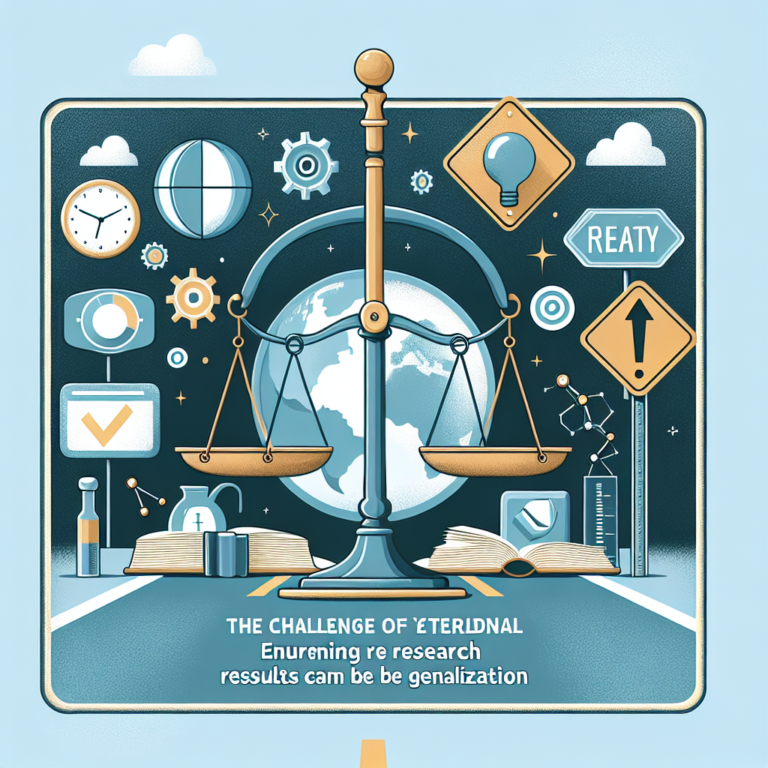
A disturbing trend has been seen in psychological research. It shows that many findings are not as reliable as they seem. This is because of questionable research practices, like changing data to get the results they want.
The terms p-hacking, HARKing, and publication bias are key to understanding research. P-hacking means picking and choosing data to get a significant result. HARKing is when researchers come up with reasons for their results after they’ve seen them. Publication bias happens when studies are chosen to be published based on their results, not their quality.
Key Takeaways
- Knowing about p-hacking, HARKing, and publication bias helps us trust research more.
- These practices can make research seem more reliable than it really is.
- It’s important for researchers to be honest and open in their work.
- They should avoid changing data and only report what they find.
- Being clear about how research is done and what it finds is essential.
The Replication Crisis in Psychology
The replication crisis in psychology has raised big concerns about the trustworthiness of research findings. This issue is linked to practices like p-hacking and publication bias. These can cause an increase in false positives in studies.
Defining the Crisis
The replication crisis means it’s hard to repeat many published psychology findings. This problem makes research less credible. It shows that many studies might not be as solid as they first appear.
Why Psychology is Affected
Psychology is hit hard by the replication crisis. It relies a lot on statistical tests and the need to publish new findings. This setup encourages p-hacking and publication bias, making the problem worse.
To tackle these issues, researchers are pushing for openness, preregistration, and open science. Here’s a table that shows some key strategies:
| Strategy | Description | Benefit |
|---|---|---|
| Preregistration | Registering study designs and analysis plans before data collection | Reduces p-hacking and publication bias |
| Open Science Practices | Sharing data, materials, and methods openly | Increases transparency and reproducibility |
| Transparency | Making research processes and data openly available | Enhances credibility and trust in research findings |

By using these strategies, psychology hopes to make its research more reliable and valid. This will help strengthen its scientific base.
Understanding Statistical Significance
Statistical significance is key in research. It shows if a result is likely due to chance. The p-value tells us the chance of seeing the results if the null hypothesis is true.
But, using statistical significance has its downsides. It can lead to statistical significance manipulation through p-hacking and HARKing. These methods can cause false positives and harm research validity.
To fix these problems, researchers are making their work more open. They’re using preregistration, where plans are shared before starting a study. This helps avoid selective reporting and boosts the trust in research findings.
By focusing on open science terms and transparency, we can improve research. It’s vital to grasp the role of statistical significance and the need for clear, solid research practices.

















